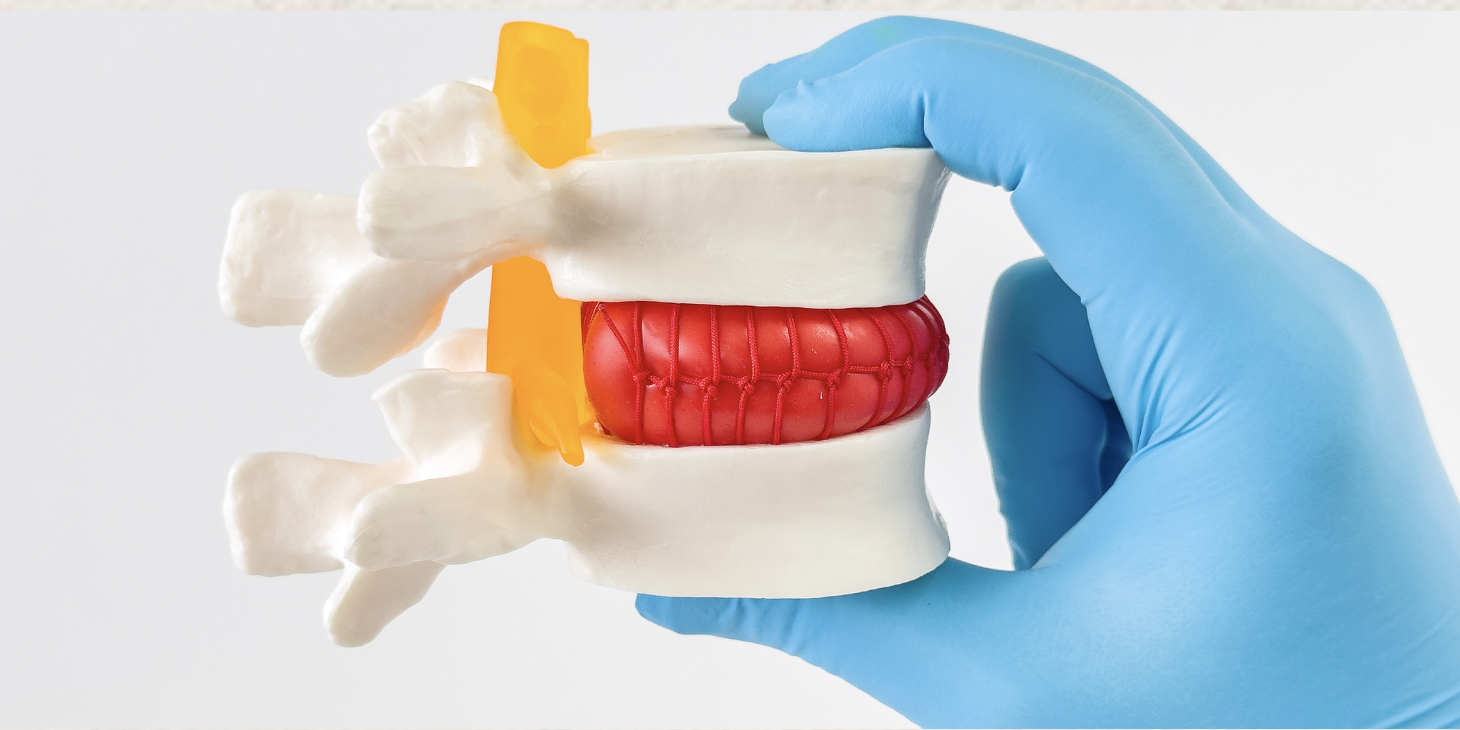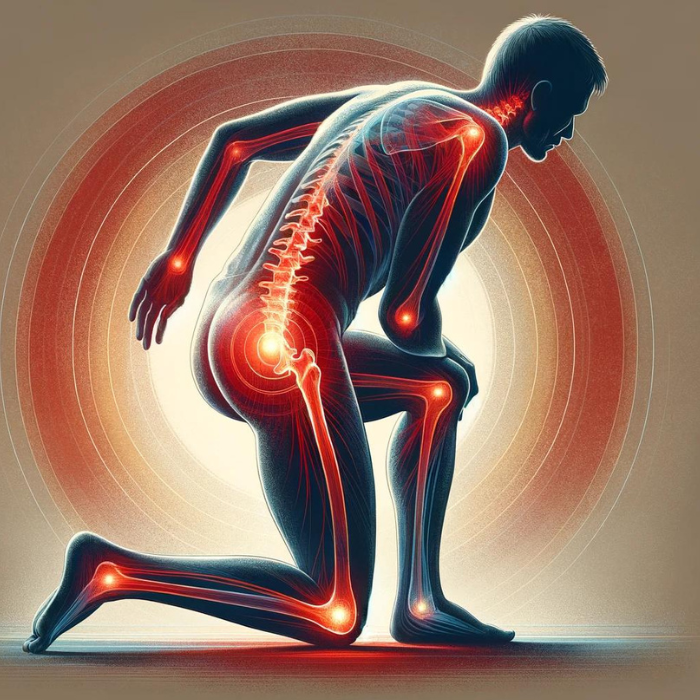Bouts of acute and especially chronic pain have a very immediate impact on quality of life and all aspects of daily living. Activities that were once easy or enjoyable may become more difficult if not outright impossible due debilitating pain. Leisure time and relaxation may also become harder to enjoy with the presence of pain.
As a result, chronic pain is one of the most common reasons for a patient to seek medical care. Chronic pain is linked to a number of various conditions – both physical and mental – while also contributing to the high cost of healthcare. According to the CDC, an estimated 11 to 40% of the US population suffers with chronic pain.
According to the American Board of Interventional Pain Physicians (ABIPP), interventional pain management is a “discipline of medicine devoted to the diagnosis and treatment of pain related disorders.” Interventional pain management is a recent approach that aims to relieve or reduce pain while also improving patient quality of life through minimally invasive techniques. This technique uses a multidisciplinary approach. It’s an ideal solution for patients who are looking for traditional pain management alternatives – particularly those that use opioids and other addictive substances.
In traditional pain management, the standard protocol has often been medication ranging from over-the-counter medications, such as Advil or Tylenol, to manage pain flare-ups to opioid treatments. Traditional pain management can be described as any type of treatment therapy does not necessarily address the causation of the pain – rather it offers a way for the body to deal better with pain signals by covering them over through medications. This reliance on pharmaceuticals, and in particular, opioids, has unfortunately led to an epidemic in addiction cardiovascular events, fractures and overdoses. Though opioids have long been used in the management of pain, evidence now shows that long-term use of opioids for management of chronic non-cancer pain only has an average reduction in pain by approximately 30 percent.
In interventional pain management, a team of health care professionals come together to provide a range of varying treatments and services for patients based on their individual chronic or acute condition. Using these various therapies, interventional pain management helps patients return to everyday activities more quickly and without a reliance on potentially addictive medications. The priority for interventional pain management is to intervene in the cycle of pain and further block pain from transmitting through the body by using any minimally invasive methodologies at the source of pain.
These methods utilizes pain blocking techniques such as electrostimulation, nerve blocks or implantable drug delivery systems. Interventional pain management techniques can help patients who suffer from a broad spectrum of pain to return to daily life and thrive.
Steroid injections are a common tool and target pain points in the body which results in a reduction of inflammation. Examples include trigger joint, facet joint, and epidural injections.
Spinal Cord Stimulation sends an electrical current to the source of pain via a small medical device implanted into the body.
Nerve Blocks interrupt nerve-to-brain signals which results in a relief of pain.
Infusions are able to deliver pain medication directly to an affected area
Radiofrequency Ablation is using radiofrequency waves to heat nerve tissue, therefore reducing pain signals at the source.
Additionally, physical therapy can be implemented as part of this innovative comprehensive approach that utilizes new treatments backed by the latest in research.
Other Services & Treatment Include: Vertiflex, Mild, Regenerative medicine, Epidural Steroid Injection, Joint Injection, Medial Branch Block, Trigger Point Injection, and Vitamin Infusion Therapy.
All of these interventional pain therapies offered at Spine and Wellness Centers of America are proven safe and effective for patients. South Florida’s Best Spine Doctors are able to offer expertise in interventional pain medicines that are low-risk and high-reward. These therapies are compatible with a growing variety of pain sources in both the spine and joints.
The first step for seeking these minimally invasive, non-addictive therapies is setting up a consultation appointment. At the consultation, a member of SWCA’s specialized and expert team will discuss the type of pain being experienced, the degree and any prior diagnoses. The team will then offer a comprehensive plan with a range of options to choose from. Spine and Wellness Centers of America believe in Preventative, Holistic, Functional and medicine.





